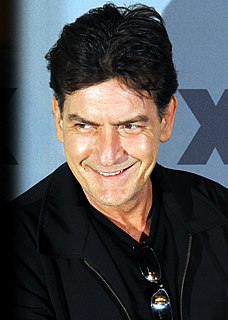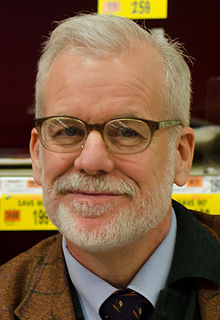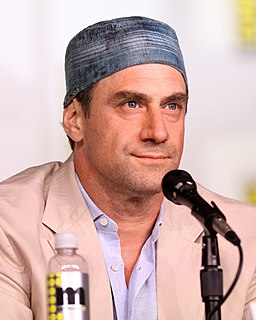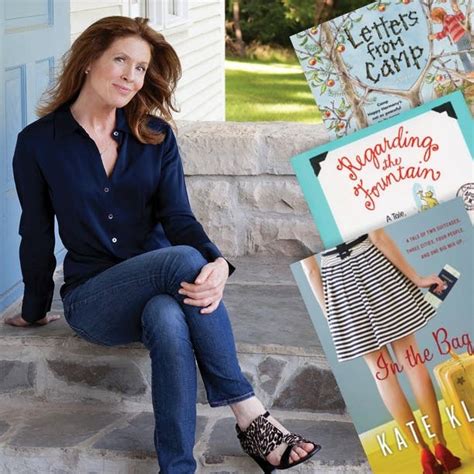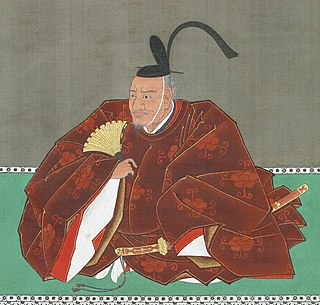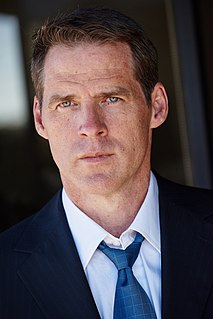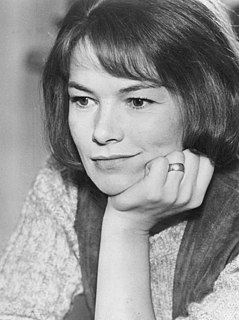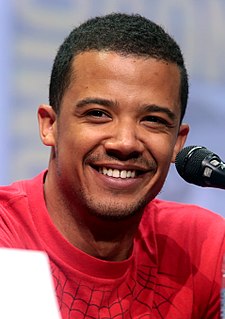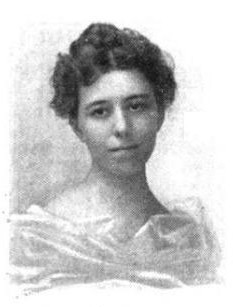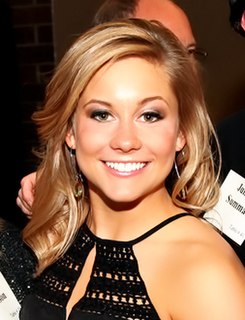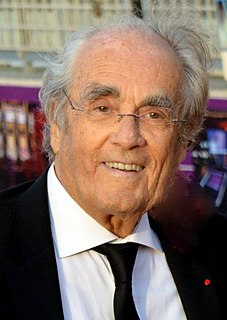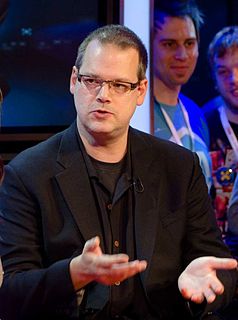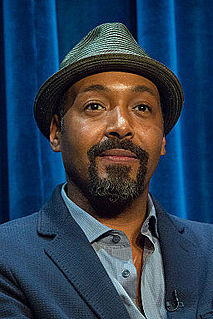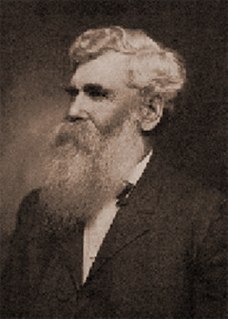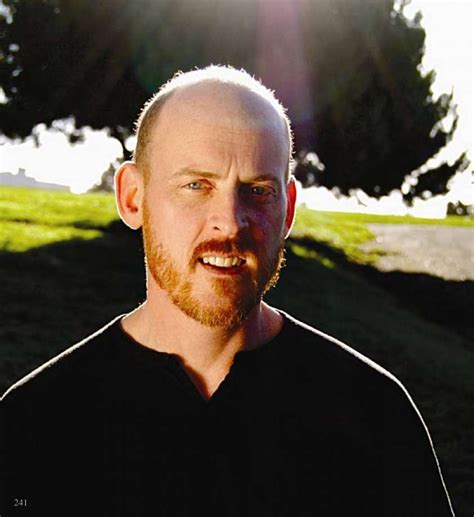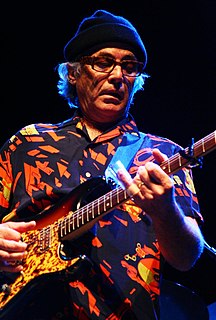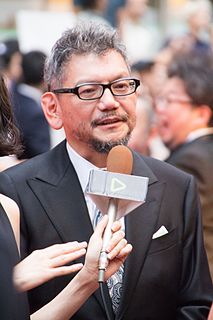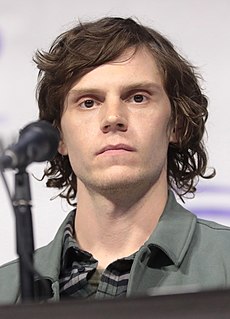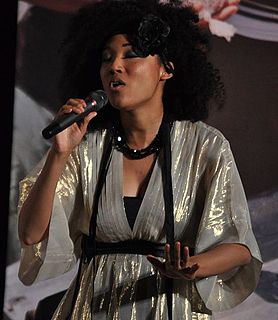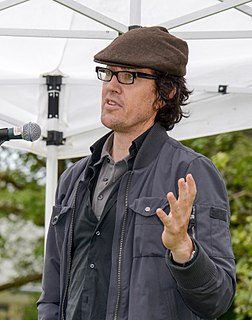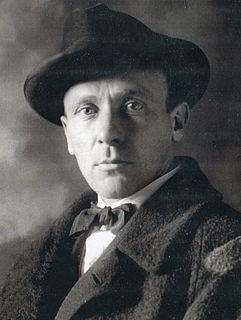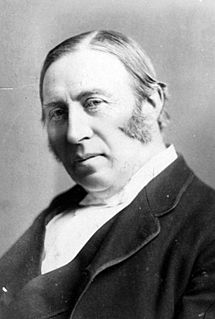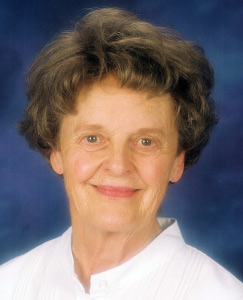Top 1200 Never Ending Story Quotes & Sayings - Page 12
Explore popular Never Ending Story quotes.
Last updated on November 26, 2024.
Last year I picked up the New York Times and there was a story about a kid from Dartmouth who was bragging that he never left his room, and made dates and ordered pizza with his computer. The piece de resistance of this story was that he had two roommates, and he was proud of the fact that he only talked to them by computer.
What I often do in my work is to take a great story, such as the Odyssey, the search for the Grail, the story of Jesus, or the story of the great peacemaker who helped create the Iroquois Confederacy in the 15th century. I then use these tales as templates upon which to weave psychological and spiritual exercises which allow us to open ourselves up to the larger venue of a story.
I think one is naturally impressed by anything having a beginning a middle and an ending when one is beginning writing and that it is a natural thing because when one is emerging from adolescence, which is really when one first begins writing one feels that one would not have been one emerging from adolescence if there had not been a beginning and a middle and an ending to anything.
Too many writers think that all you need to do is write well-but that's only part of what a good book is. Above all, a good book tells a good story. Focus on the story first. Ask yourself, 'Will other people find this story so interesting that they will tell others about it?' Remember: A bestselling book usually follows a simple rule, 'It's a wonderful story, wonderfully told'; not, 'It's a wonderfully told story.'
Translation is harder, believe it or not. You do have to come up with a story, and actually I'm mystified by that process. I don't exactly know how the story just comes, but it does. But in writing a story that you're inventing, versus writing a story that somebody else has made up - there's a world of difference. In translation you have to get it right, you have to be precise in what you're doing.
I wrote as a kid, but I never wanted to be a writer particularly. I had been drawing and painting for years and loved that. And I meditate, and one time when I was meditating, I started thinking, "Gee Gail, you love stories -- you read all the time. How come you never tell yourself a story?" While I should have been saying my mantra to myself, I started telling myself a story. It turned out to be an art appreciation book for kids with reproductions of famous artworks and pencil drawings that I did. I tried to get it published and was rejected wholesale.
I wrote The Jesus Storybook Bible because I wanted children to know the Bible isn't mainly about you and what you're supposed to be doing. It's about God and what he has done. It's the story of how God loves his children and comes to rescue them. It's a Love Story. It's an Adventure Story. And at the center of the story is a baby - the child upon whom everything would depend. And every single story in the Bible whispers his name.
There is a problem in America. An Irish or Polish American can write a story and it's an American story. When a Black American writes a story, it's called a Black story. I take exception to that. Every artist has articulated to his own experience. The problem is that some people do not see Blacks as Americans.
There is a huge set of consequences that start stacking up as you approach the end-game. And
even in terms of the ending itself, it continues to break down to
some very large decisions. So it's not like a ****c game ending
where everything is linear and you make a choice between a few things
- it really does layer in many, many different choices, up to the
final moments, where it's going to be different for everyone who
plays it.
When I was eight years old, I wrote a paragraph-long short story about a goat on my mother's hundred-pound, black-and-white-screen laptop. The story came about largely because I liked the way the word 'goat' looked on the page, but I decided then and there that I wanted to be a writer. That desire never changed.
If you gauge how you're doing on whether somebody is responding vocally or not, you're up a creek. You can't do that; you kind of have to be inside of your work and play the scene. And tell the story every day. Tell the story. Tell the story. Regardless of how people are responding, I'm going to tell the story.
Eva is a story of repetition. It is a story where our protagonist faces the same situation many times over and determinedly picks himself back up again. It is a story of the will to move forward, even if only a little. It is a story of the resolve to want to be together, even though it is frightening to have contact with others and endure ambiguous loneliness. I would be most gratified if you found enjoyment in these four parts as it takes the same story and metamorphoses it into something different.
A lot of it was, you know, you look for moments where, for instance, we were dependent on Abraham Lincoln making sure that the slaves were freed or John Kennedy bringing civil rights, or the first one I wrote about, George Washington trying to stop the British from invading and ending this country before it even began. Those were turning points where, if you had not had a president stepping up to the plate, if there wasn't a story like that, we would not be here.
The media traditionally is simply an arm of the Democrat Party that is used in service of advancing the Democrat Party agenda, and the Republicans haven't come up with a way of having a more engaging, entertaining story because the Republican story is never anything other than, "We don't want Democrat X to have what he wants."

